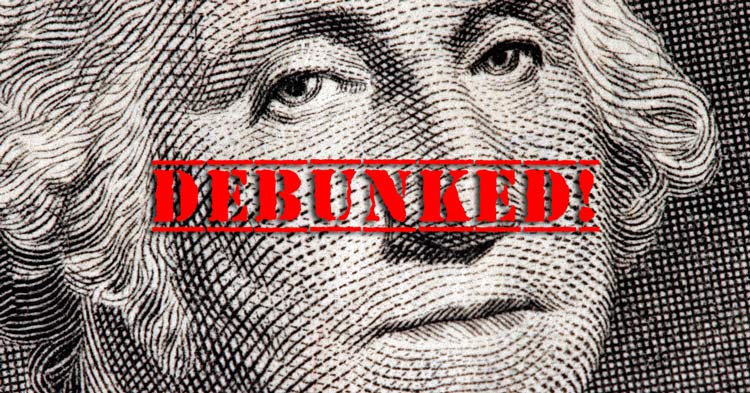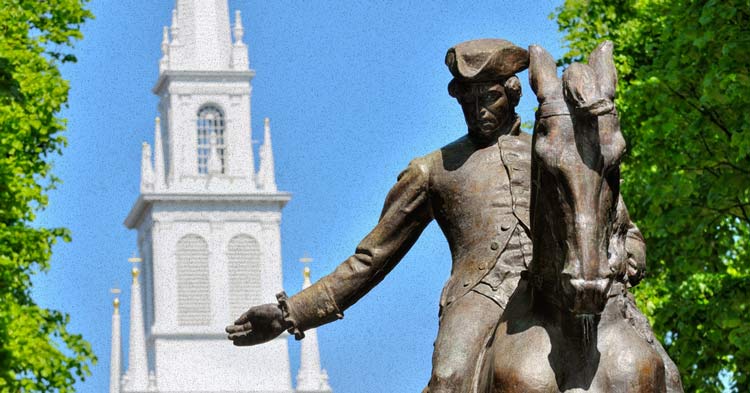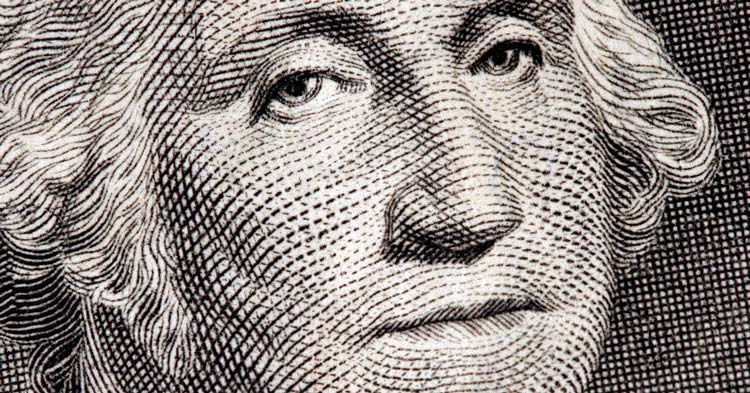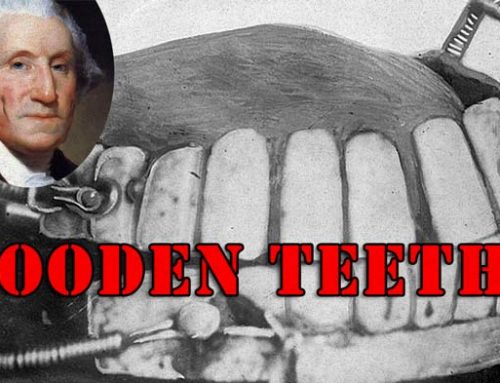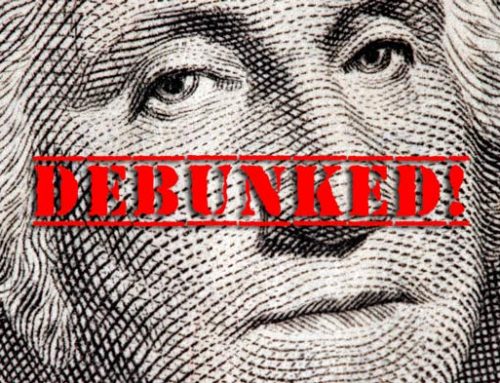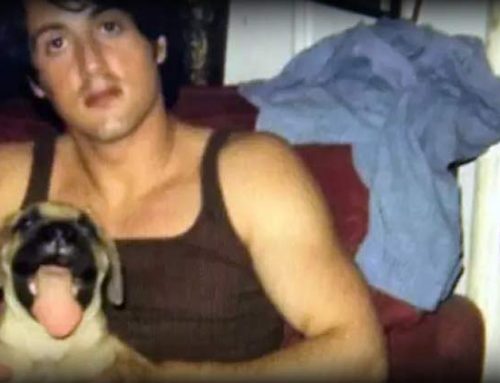Paul Revere and His Midnight Ride
The story of Paul Revere riding his horse through Massachusetts warning Americans that the British were coming came from the 1860 poem written by Henry Wadsworth Longfellow. He wrote the poem to warn the colonials that it was in danger of coming apart. Talk about parallelism!
Paul Revere was a part of the warning system, but he wasn’t the only rider or person for that matter that let everyone know that the British were about to attack. It turns out that the night of April 18, 1775, Paul Revere didn’t receive the “one if by land, two if by sea” signals; instead, he sent them. There were other men who helped warn everyone in addition to Revere, such as Dr. Samuel Prescott. Prescott warned the militia at Lexington and Concord after Revere was arrested.
You may also be disappointed to find out that Revere also didn’t say “The British are coming!”, it was just something that Longfellow added to his poem. Revere was a part of a larger and important cause, but he wasn’t the only person to make that warning happen. It’s likely that Longfellow turned Paul Revere into the only hero of the night to add more drama to his poem, or to simplify the events.
George Washington and the Cherry Tree
We all know that George Washington was the first American president and that his face is on money. Another thing you might have learned about Washington is that he had wooden teeth (which isn’t the case, by the way). If you really know your facts then you may also know the story about George Washington, his ax, and a cherry tree.
The story goes like this: When George Washington was a child his father gave him a hatchet for a gift. While the young boy was in the yard he whacked the cherry tree thirty times with his new ax. Later when his father found out what naughty George had done, young George Washington supposedly said something to the effect of “I cannot tell a lie.”
However, The Digital Encyclopedia of George Washington busts this so-called “fact” by pointing out that the story never even happened! In 1806 the author Mason Locke Weems wrote a book about George Washington and he decided to flub a few parts of the story so that he could tie the president’s political successes to a life of virtue. The book became a bestseller and thus, the tale of the cherry tree was also believed to be true. The irony that Weems wrote an untruthful story about Washington being virtuous was sadly overlooked by the author who was likely too excited about all of the money he was making to even care.

